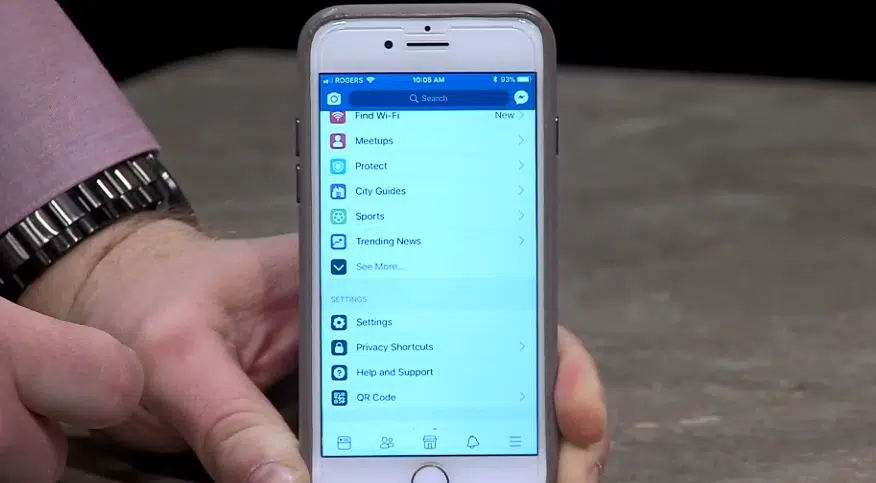
Anonymity is not enough in apps
YOU CAN SET YOUR PRIVACY SETTINGS on apps so that personal data is not shared. But even anonymous data can threaten security.
Take the case of the fitness tracking app Strava. Their website tracks exercise routes of users and plots them on a map of the world. The routes show up as bright lines; the brighter they are, the more they are used. You can’t pick out individuals on the map because they are only sharing data anonymously. They are revealing in ways that were never intended.
In the below Strava map of Kamloops, you can see familiar areas of the city where people have been exercising. There’s the downtown grid, Rayleigh, and Sun Peaks on the upper right. Some areas are a bit mysterious, like in the lower left. I went to Google Maps to see if there is a community there but couldn’t find any. Someone, or group, exercises near Chuwhels Mountain above New Gold Afton Mine. Is there a camp that I don’t know of?


